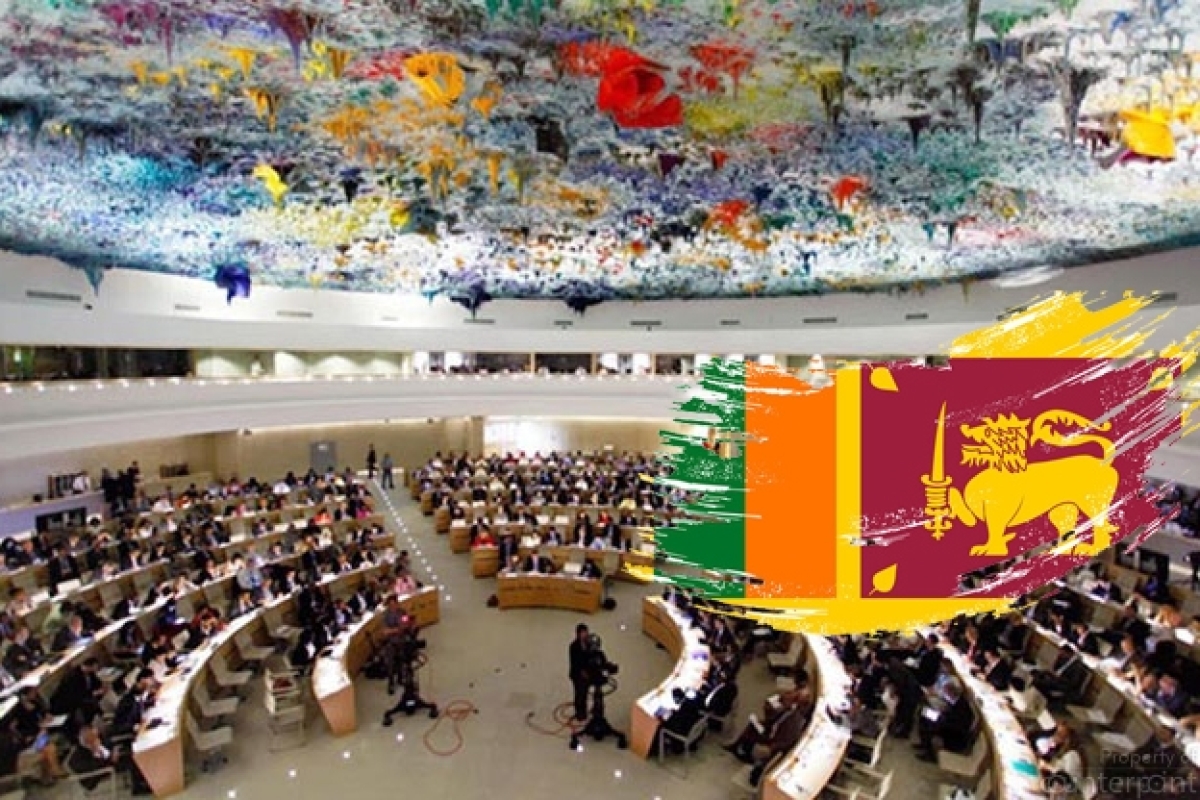The Anti-Terrorism Bill, designed to replace the existing Prevention of Terrorism Act, has drawn concern for several reasons. While it has seen some positive revisions, such as the removal of the death penalty as a possible punishment, there remain substantial apprehensions regarding its scope and potentially discriminatory provisions. There are concerns that restrictions on freedom of expression and peaceful assembly within the bill may not align with international human rights law's necessity and proportionality requirements.
Moreover, the Anti-Terrorism Bill maintains a broad definition of terrorism and grants extensive powers to the police and military, allowing them to conduct searches, arrests, and detentions with limited judicial oversight. The legislation also raises questions about the implementation of curfews, restriction orders, and the designation of prohibited places, with concerns about the scope of executive powers and the need for checks and balances.
In addition to the Anti-Terrorism Bill, the Online Safety Bill is another source of apprehension. It is believed that this legislation will lead to significant regulation and restrictions on online communication, affecting both the general public and authorities. The bill grants authorities broad discretion to label and restrict expressions they consider as "false statements," a move that is perceived to hinder freedom of expression.
The UN Human Rights Office has called on the Sri Lankan government to engage in more meaningful consultations with civil society and UN independent experts and to make substantial revisions to these draft laws. The aim is to ensure that they fully comply with Sri Lanka's international human rights obligations, thus protecting and upholding fundamental human rights and freedoms within the nation. The statement underscores the importance of achieving a balance between national security concerns and the preservation of human rights in the legislative process.










